By Sudarshan Pyakurel
Introduction
The Bhutanese refugee crisis has been a long-standing issue since 1990 when a large number of Nepali-speaking people were forced to flee and settled in refugee camps in Nepal. Despite significant efforts to resettle the refugees in third countries, a considerable number (~6,500) of individuals still remain in refugee camps, and the UNHCR has clarified that the resettlement process was formally closed in 2016, with no possibility of reopening it. But here is the matter that need to be reconsidered because the remaining refugees in the camps are vulnerable to exploitation and manipulation if not addressed promptly.
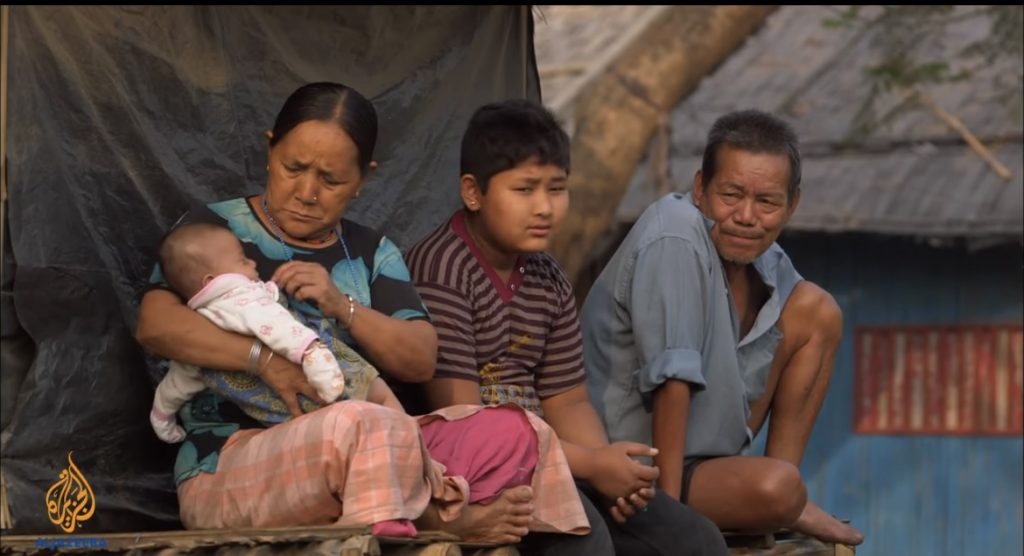
Context
Recently, a powerful syndicated group in Nepal, known for its close connections with the state and bureaucracy, has been exposed for engaging in the systematic forgery of refugee identities. This group has been selling these forged identities to Nepali citizens, attempting to facilitate their resettlement in the United States and other Western countries. In response to pressure from the United States, the government of Nepal has taken decisive action to crack down on this criminal operation. As a result, high-ranking government officials, bureaucrats, and even members of the cabinet, including the ex-Foreign Secretary of Nepal, have been arrested, demonstrating the seriousness with which the government is addressing this issue.
I have analyzed five key points why this is an urgent need to address the refugee crisis and the matter falls in the hand of the United States. As a former refugees and a refugee advocate I strongly believe that the implication of the current scandal of fake-Bhutanese refugees resettlement argues for the reopening of resettlement to resettle the actual refugees in Nepal from exploitation, and to counter the false narrative perpetuated by Bhutan. Furthermore, it highlights the responsibility of the United States in taking corrective action to address this serious crime and ensure the well-being of the affected population.
Exploitation and Vulnerability
The involvement of syndicated groups that have connections with Nepali government bureaucracy and politicians in the fraudulent resettlement scheme is deeply concerning. This highlights a serious issue within the resettlement program, where refugee identities are being forged and sold to Nepali citizens in exchange for a promise of resettlement in the United States. This fraudulent activity further exacerbates the vulnerability of the remaining Bhutanese refugees who are still residing in refugee camps. The presence of these powerful syndicated groups raises significant concerns about the exploitation of the remaining refugees. These individuals, who have already experienced displacement and hardships, are at an even greater risk of being manipulated and subjected to further exploitation. Their desperate situation, combined with the false hope of resettlement, makes them easy targets for those seeking to exploit their vulnerability.
Impact on Refugee Repatriation
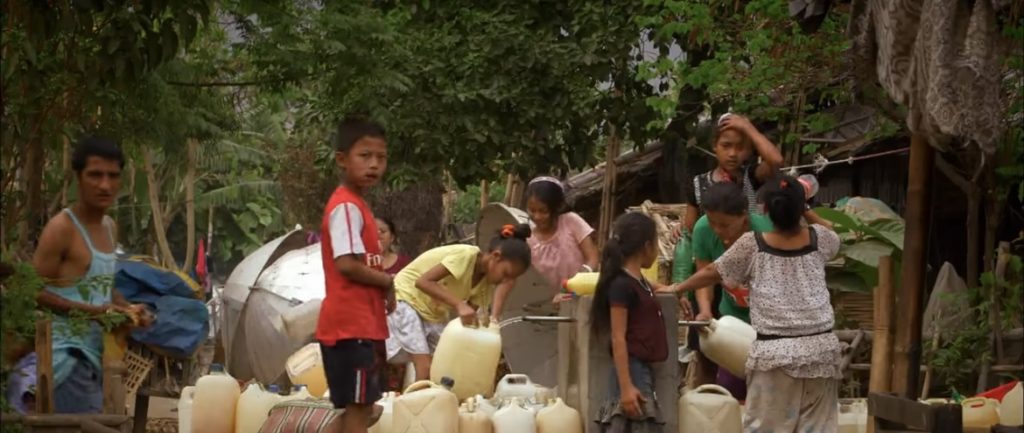
The recent scandal surrounding the fraudulent resettlement scheme significantly impacts the prospects of Bhutanese refugees repatriating to their homeland. Bhutan has consistently denied the citizenship of these individuals, creating a false narrative that undermines their rightful claim to return. The scandal further strengthens Bhutan’s position, as it reinforces the perception that the remaining refugees are not genuine Bhutanese citizens. This makes the already challenging task of repatriation even more difficult, as the refugees face increased skepticism and resistance from the Bhutanese government. In light of these circumstances, resettlement becomes a crucial alternative as Bhutan will take a firm standing against repatriating any refugees form Nepal
International Reputation
The involvement of high-ranking political leaders in the fraudulent resettlement scheme has had a detrimental impact on Nepal’s international reputation. The scandal has exposed corruption within the political system and raises concerns about the country’s governance. The tarnished reputation not only affects Nepal’s standing among the international community but also undermines its commitment to human rights and refugee protection.
Nepal has been a host to Bhutanese refugees for many years, and the scandal indicates a failure to adequately protect and ensure the well-being of vulnerable populations. Restoring faith in Nepal’s commitment requires immediate and decisive action to address the scandal, hold those involved accountable, and implement measures to prevent such incidents in the future. The Nepal government need to urge the US and the UNHCR resettled the remaining refugees. Thus, Nepal can demonstrate its willingness to address refugee issue, protect the rights of refugees, and uphold international standards. This will be crucial in rebuilding trust with the international community and reinforcing Nepal’s position as a responsible and accountable member of the global community.
4. Reopening Resettlement
Reopening the resettlement process is an essential step in addressing the Bhutanese refugee crisis and ensuring the safety and well-being of the remaining refugees. By resettling them, they can be removed from the exploitative conditions of the camps and provided with a fresh start in a new country. Resettlement offers these refugees a lifeline by granting them access to protection, education, and healthcare. It provides an opportunity for them to rebuild their lives and escape the hardships they have endured for years. Resettlement also enables them to live in dignity, free from the constant fear and uncertainty that comes with being a refugee. By providing a pathway to resettlement, the international community can uphold the rights of these refugees and offer them a chance for a better future. It is crucial that Nepali governments, including the United States and other resettlement countries, collaborate to ensure the efficient and fair processing of resettlement applications, prioritizing the most vulnerable individuals and families.
United States’ Role and Responsibility
The United States bears a significant responsibility in addressing the current Bhutanese refugee crisis as it has played a key role in the resettlement of these individuals. The involvement of syndicated groups in a fraudulent scheme that attempted to smuggle Nepali citizens into the US is a serious violation of US laws and undermines the integrity of the resettlement process. The US government must take immediate corrective action by thoroughly investigating the matter and holding those involved accountable.
In addition, the US government should implement measures to protect the remaining refugees from further exploitation and ensure their prompt resettlement. This includes providing necessary resources and support to expedite the processing of resettlement applications, as well as collaborating with international partners to identify suitable resettlement countries. Simultaneously, efforts should be made to close the refugee camps, which have become breeding grounds for exploitation and pose significant risks to the well-being of the refugees.
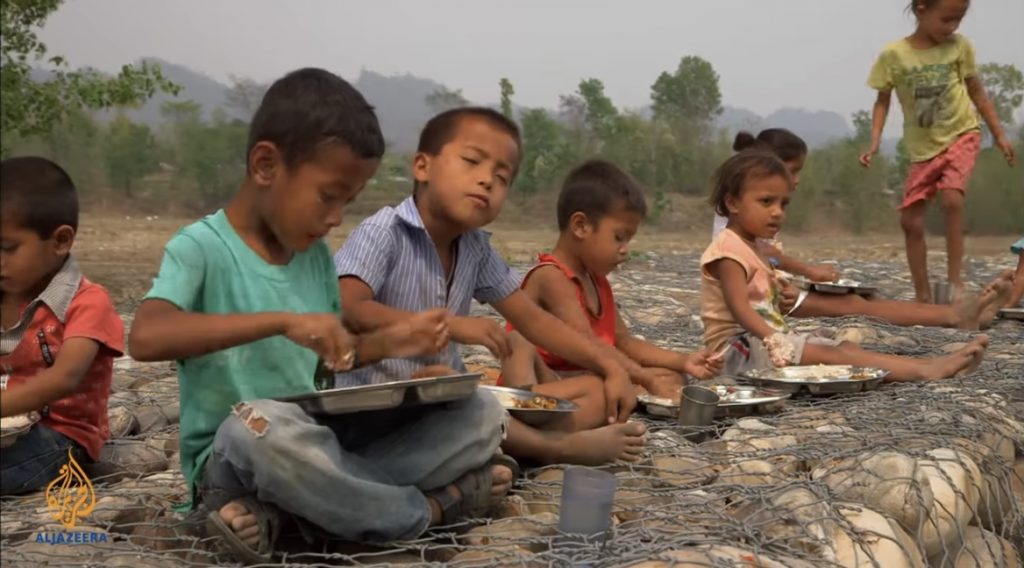
By fulfilling its responsibilities, the United States can demonstrate its commitment to upholding the principles of justice, human rights, and refugee protection. It can restore confidence in the resettlement process and send a powerful message that it will not tolerate fraudulent activities that put vulnerable populations at risk. The US government’s actions will not only safeguard the remaining Bhutanese refugees but also set an example for other nations to actively address refugee crises with integrity and compassion.
Conclusion
The fraudulent scam surrounding the resettlement of fake-Bhutanese refugees highlights the urgency of addressing the long-standing Bhutanese refugee crisis. Reopening the resettlement process is essential to protect the remaining refugees from exploitation and provide them with a chance for a dignified life. Additionally, taking corrective action and holding those involved accountable will demonstrate the commitment of the United States and other stakeholders in ensuring justice and safeguarding the rights of vulnerable populations. By doing so, we can strive towards a more just and inclusive world where all individuals, regardless of their refugee status, are treated with dignity and compassion.
(Sudarshan Pyakurel MA, MSW-LSW, is the Executive Director of Bhutanese Community of Central Ohio; Cofounder of Peace Initiative Bhutan and member of New American Advisory Member (Governor Ohio), Honorary Member Refugee Congress, and a Meatal Health Researcher and Advocate)
Support the New Americans magazine to continue to serve our community with precise news that affect the new American, immigrant and refugee community. https://paypal.com/donate/?hosted_button_id=8LHFS78NRNJJY&source=url



























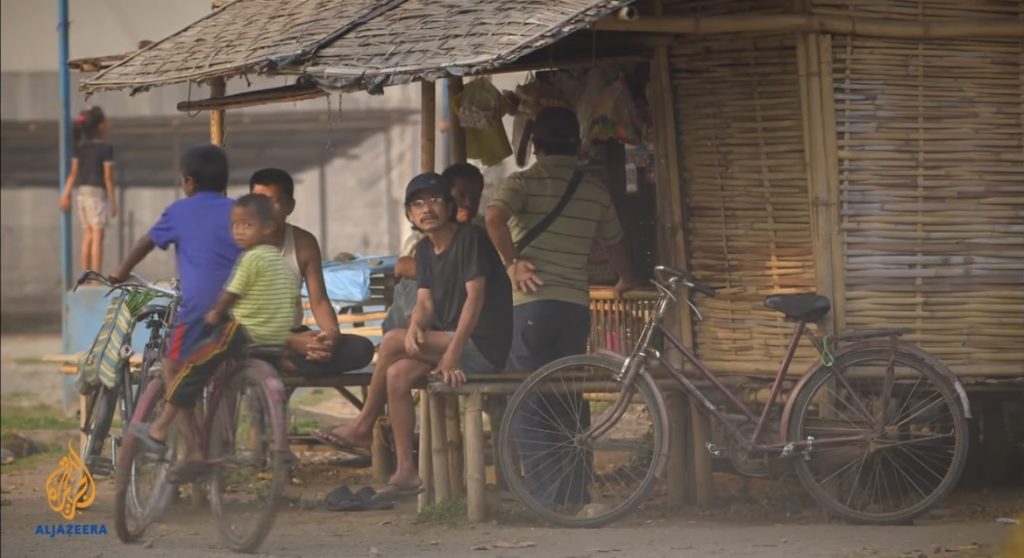



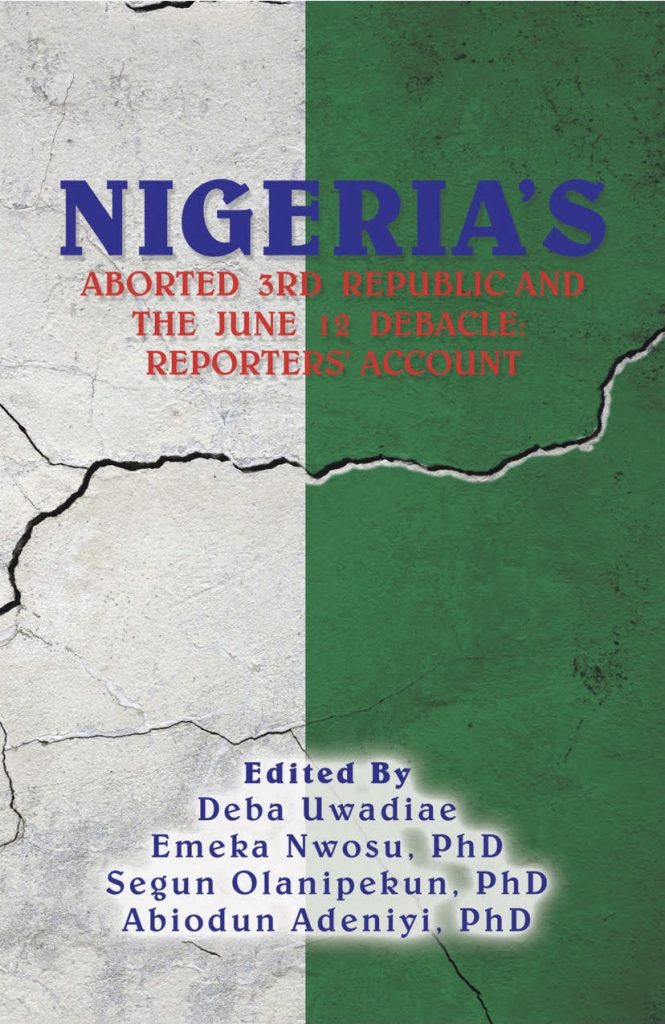


Leave a Reply
You must be logged in to post a comment.